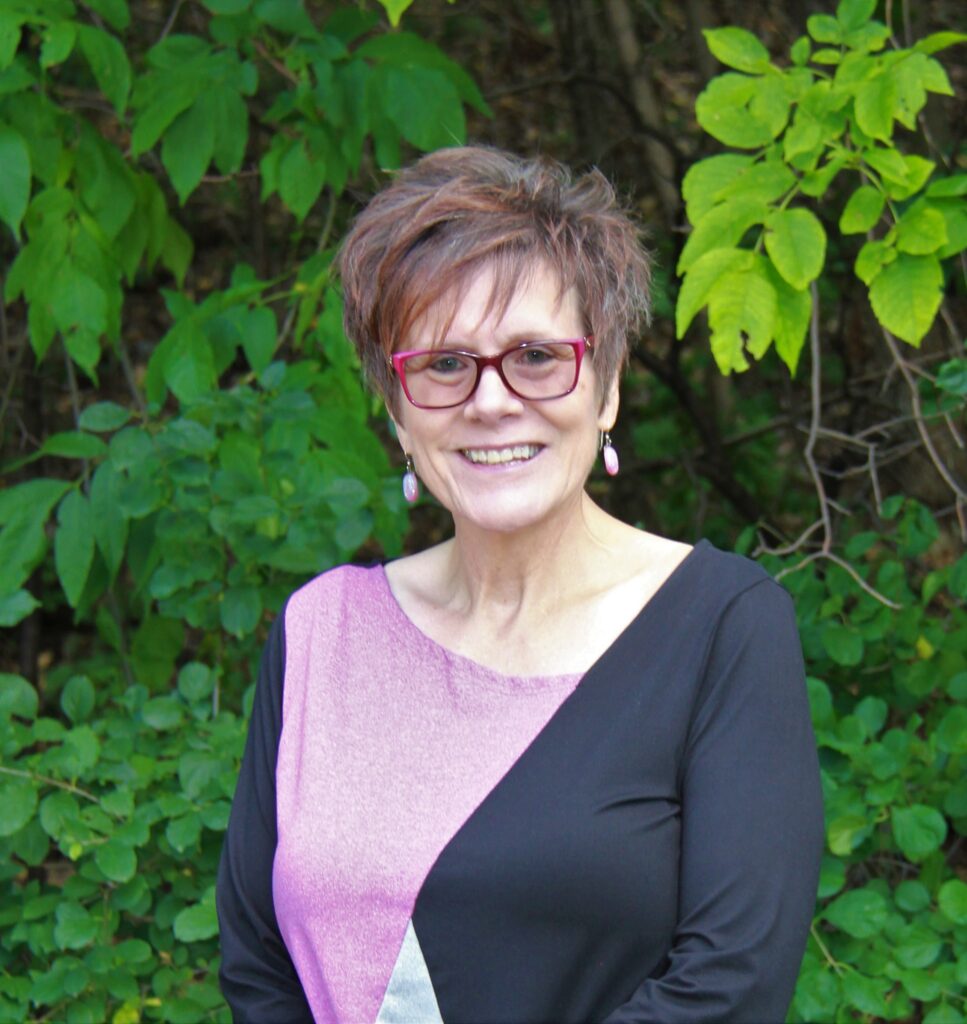Planning for the Later Years: Senior Care Preparation
Feb 20, 2024- By Deb Taylor
Every parent knows the urgency of waiting for the arrival of a newborn. They have nine months to plan and prepare. There are purchases to make: furniture, stroller, car seat, informational books, and such. Work plans and childcare often must be arranged. Significant planning goes into this important life event, but what about the other end of life, the later years?
More than 90 percent of all moves to a senior living facility are driven by a crisis: a fall, reduced mobility, poor diet, cognitive challenges, and other illnesses. And families are often caught in the gap between an effective response and feeling ill-prepared. Unlike the blissful parents of newborns, the caregiver of an older adult may feel caught off-guard, stressed, and confused.
Among Minnesota seniors still living independently in their own homes, over 90 percent of their care is handled by family and friends, often with little or no experience and understanding of what’s required of a caregiver. It’s the classic on-the-job training, with plenty of potential mistakes to be made without adequate preparation. While taking care of a loved one is a valuable and honorable role, it can be an overwhelming and exhausting responsibility without adequate support services.
Thankfully, Minnesota families facing senior care decisions have helpful resources available. Experts are available to help you better understand the care needs and help you connect with the support that’s right for your situation. Local nonprofit Senior Community Services¸ www.seniorcommunity.org, is one such resource.
The range of services includes assistance with resources, hourly consultation, family meetings, needs assessment of the senior, and caregiver coaching (similar to the format of life/career coaching). All of these services are designed to reduce caregiver stress and improve the caregivers’ ability to provide care longer, in a way that’s healthier for them and the senior for whom they care.
Studies have shown that services to support caregivers can allow them to delay nursing home placement for loved ones. This is so important because seniors prefer to live independently for as long as possible at their own homes in the communities they love. And, frankly, the cost of staying at home is usually much less than living in a more restrictive senior care community.
Like planning for a newborn, getting the best information ahead of time – when the situation starts to change – can help avert a senior care crisis. If an older adult struggles with household chores, maintaining a nutritionally balanced diet, and making the best healthcare decisions, an effective care plan with the right support services eases many challenges in a respectful and dignified way. As the family’s helping role increases, the appropriate caregiver services can better equip them to care for the older adult – as well as for themselves.
Just like arming parents-to-be with the resources they need to parent, we all benefit by taking care of the caregivers and ensuring support is in place for aging adults. Let’s reimagine aging so that our community is as accommodating of the needs of seniors as it is for children. A place where walkers and wheelchairs are as welcome as bikes, strollers, and scooters. A community where all generations can enjoy the best of this time we call the later years, with less stress and more promise. Are you ready?

About the Author:
Deb Taylor is the CEO of Senior Community Services, a local nonprofit with a mission to empower people as they age, through serving compassionately, connecting communities, and supporting independence.




